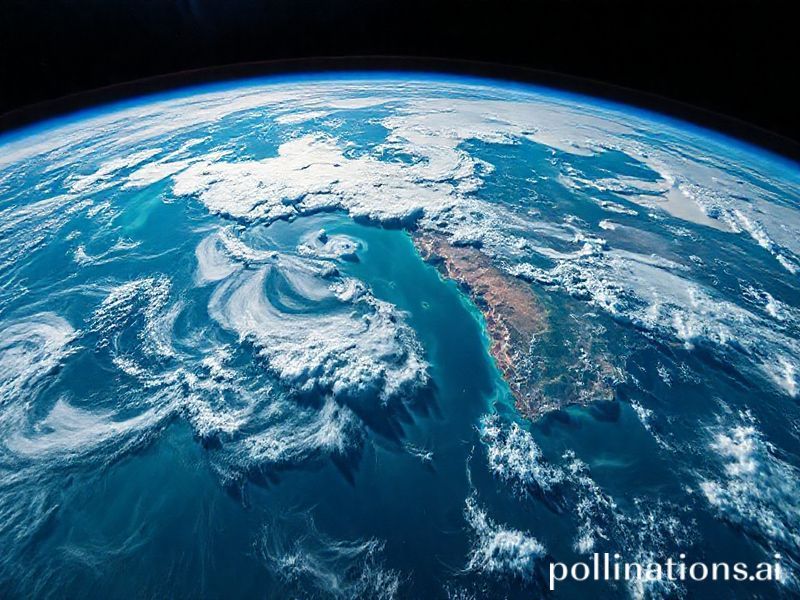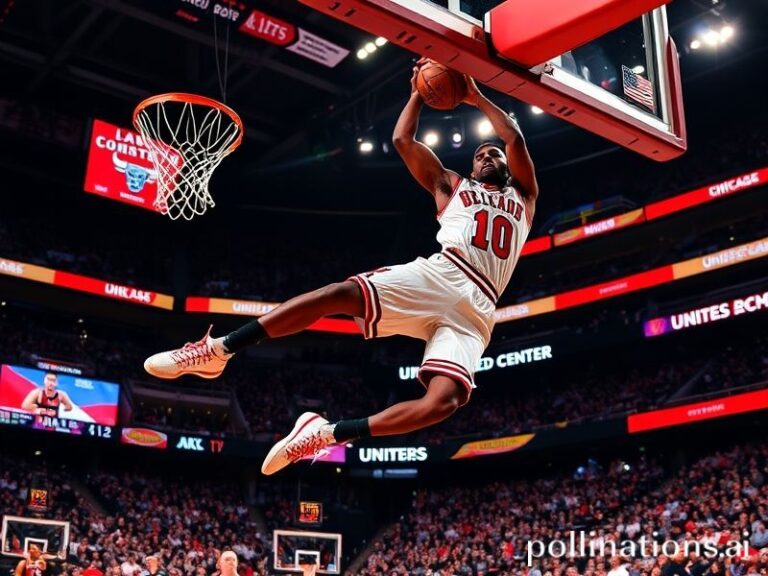Worlds Collide: The Global Obsession with Virtual Realms and Digital Universes
# **Worlds Collide: Why “Worlds” is the New Global Obsession**
In the vast, interconnected digital landscape, trends emerge, evolve, and sometimes, quite literally, collide. One such trend that’s been making waves globally is the concept of “worlds.” From virtual universes to alternate realities, “worlds” have become the hottest topic, sparking conversations, inspiring creativity, and even reshaping our social interactions. But why is this trend so captivating? Let’s dive in and explore the cultural context, social impact, and significance of “worlds” in our modern digital age.
## **The Cultural Context: From Fantasy to Reality**
The fascination with “worlds” isn’t new. Humans have always been drawn to the idea of alternate realities, from ancient myths and legends to modern-day fantasy novels and blockbuster films. Think of Middle-earth in “The Lord of the Rings,” the magical realm of “Harry Potter,” or the dystopian landscapes of “The Hunger Games.” These fictional worlds have captivated audiences for decades, offering an escape from the mundane and a chance to explore the extraordinary.
But in recent years, the concept of “worlds” has transcended fiction and entered the realm of reality. With the rise of virtual reality (VR), augmented reality (AR), and the metaverse, we’re no longer just passive consumers of fictional worlds—we’re active participants in creating and shaping them. Platforms like Fortnite, Roblox, and Decentraland have become digital playgrounds where users can build, explore, and interact in immersive environments. These “worlds” are not just games or social spaces; they’re becoming extensions of our real lives, blurring the lines between the physical and digital realms.
## **The Social Impact: Connecting and Creating**
The trend of “worlds” has had a profound impact on social interactions. In a time when physical distancing has become the norm, virtual worlds offer a sense of connection and community. They provide a space where people can gather, socialize, and even work together, regardless of geographical boundaries. From virtual concerts and art exhibitions to online classrooms and business meetings, these digital worlds are redefining how we communicate and collaborate.
Moreover, “worlds” have democratized creativity. Anyone with an internet connection and a bit of imagination can create their own virtual space, share it with others, and even monetize it. This has led to a surge in user-generated content, with creators building everything from elaborate role-playing games to immersive educational experiences. The rise of “worlds” has empowered individuals to become architects of their own digital destinies, fostering a new wave of innovation and entrepreneurship.
## **The Significance: A Glimpse into the Future**
So, why is the trend of “worlds” so significant? For one, it reflects our collective desire for escapism and exploration. In an increasingly complex and uncertain world, “worlds” offer a sense of control and agency. They allow us to step into different roles, experiment with new identities, and explore possibilities that might not be available in our everyday lives.
Additionally, “worlds” are reshaping the way we think about reality itself. As technology advances, the distinction between the physical and digital worlds is becoming increasingly blurred. The metaverse, for example, is not just a trend—it’s a glimpse into the future of human interaction. It’s a space where we can work, play, and socialize in ways that were once unimaginable.
## **Conclusion: Embracing the Multiverse**
The trend of “worlds” is more than just a passing fad—it’s a cultural phenomenon that reflects our evolving relationship with technology and reality. From virtual social spaces to immersive gaming experiences, “worlds” are redefining how we connect, create, and explore. As we continue to embrace this trend, we’re not just stepping into new worlds; we’re building them, shaping them, and making them our own.
So, whether you’re a gamer, a creator, or just someone curious about the future, one thing is clear: the world of “worlds” is here to stay, and it’s only going to get more exciting from here.







